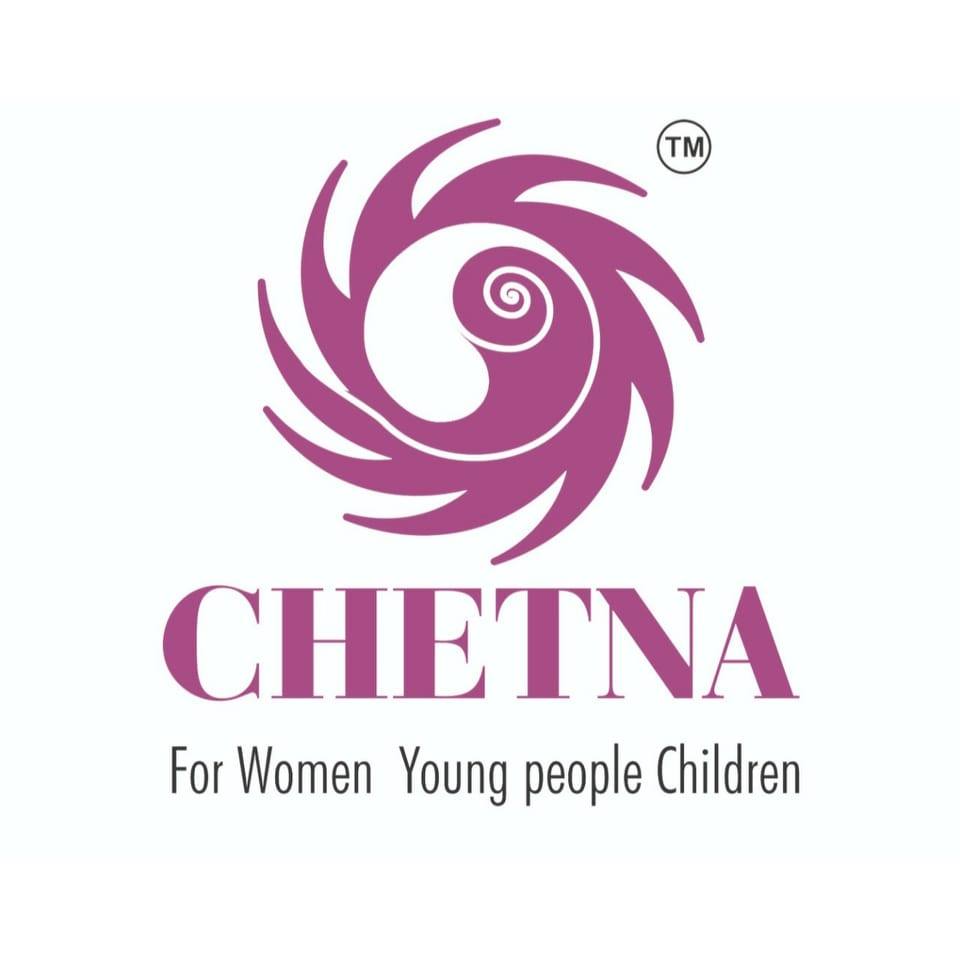Cause Area
Primary Sectors
Secondary Sectors
Financials
-
2020
Total IncomeRs.59,900,000Total ExpensesRs.59,500,000Non Program ExpensesRs.15,500,000Program ExpensesRs.44,000,000Tip: Click on any value above to exclude it. -
2021
Total IncomeRs.50,600,000Total ExpensesRs.49,200,000Non Program ExpensesRs.13,500,000Program ExpensesRs.35,700,000Tip: Click on any value above to exclude it. -
2022
Total IncomeRs.63,300,000Total ExpensesRs.63,000,000Non Program ExpensesRs.16,500,000Program ExpensesRs.46,500,000Tip: Click on any value above to exclude it.
Geographies Served
Programs
-
Strengthening Capacity Programmes
CHETNA conducts tailored training initiatives for programme managers, implementers, NGOs, Government bodies, and corporate entities. These programmes focus on integrating gender-aware and holistic health schemes. Subsequently, it extends guidance and mentorship to promote village-level techniques and strategies that guarantee fair healthcare and nutritional services, with a special emphasis on deprived populations.
-
Health & Nutrition Awareness Programme
CHETNA designs inventive, interactive, and imaginative Behaviour Change Communication (BCC) resources. Drawing from its extensive interaction with semi-literate and non-literate communities, these materials are tailored for the audience and user-friendly. Many of CHETNA's materials have been widely printed and integrated into Governmental, non-governmental, and corporate initiatives. CHETNA has pioneered the use of conventional media for health and nutrition messages, employing successful methods like Health Mela (fair), YuvatiShibir (Gathering), Bhavai (traditional drama), folk songs, and PoshanMela (nutrition fair). Special training programmes on Behaviour Change Communication are also organized by the organisation.
-
Networking & Advocacy Programme
CHETNA actively collaborates and advocates for inclusive, gender-aware policies and initiatives on local, national, and global platforms. It ensures that community voices play a pivotal role in shaping policies and programmes. It has played a vital role in shaping policies such as the National Youth Policy, National Adolescent Health Strategy, Early Childhood Care and Education Policy, and National Policy for Children. In the year 2015-16, CHETNA was instrumental in the Universal Periodic Review (UPR) process, an initiative by the Human Rights Council (HRC) to enhance human rights conditions across the 193 United Nations Member States.
-
Showcasing Workable Approaches Programme
CHETNA exhibits practical models and strategies that can be integrated into established Government health and nutrition schemes on both state and national levels. The organisation illustrates methods to engage and empower communities in managing their health and nutrition needs while also encouraging them to demand high-quality services from the public health system. It highlights training techniques for equipping a significant number of frontline workers in areas such as health, nutrition, communication, supervision, and monitoring. Notably, CHETNA has dedicated efforts to designing training resources and modules that are attuned to gender sensitivities.
Impact Metrics
-
Number of Villages Covered
Year-wise Metrics- 2017-18 1930
- 2018-19 540
- 2019-20 1146
- 2021-22 501
-
Participants in Training and Educational Events
Year-wise Metrics- 2017-18 75000
- 2018-19 4468
- 2019-20 8524
Registration Details
-
Registration Number
E 1408
-
CSR Form 1
Not Available
-
FCRA
41910042
About
-
Headquarters
Ahemedabad, Gujarat
Impact
CHETNA has reached 32 lakh people in 500 villages, trained over 29,000 frontline health workers, worked in 960 schools, and built capacity of 1,781 self-help groups and village organizations.
Vision and Mission
CHETNA's mission is to empower marginalized communities to take control over their own health and development through education, training and awareness-raising initiatives.
Political & Religious Declarations
-
Political Affiliation
-
Religious Affiliation
Location
-
Headquarters
Supath-II, B-block, 3rd Floor, Opp. Vadaj Bus Terminus, Ashram Road, Vadaj
Directions, Ahemedabad, Gujarat -
Offices in Cities
Ahemedabad
Other Details
-
Type
Non-profit
-
Sub Type
Trust
Website
Technology Adoption
-
SOC 2 Compliant
No
-
Financial Management
-
Beneficiary Management

